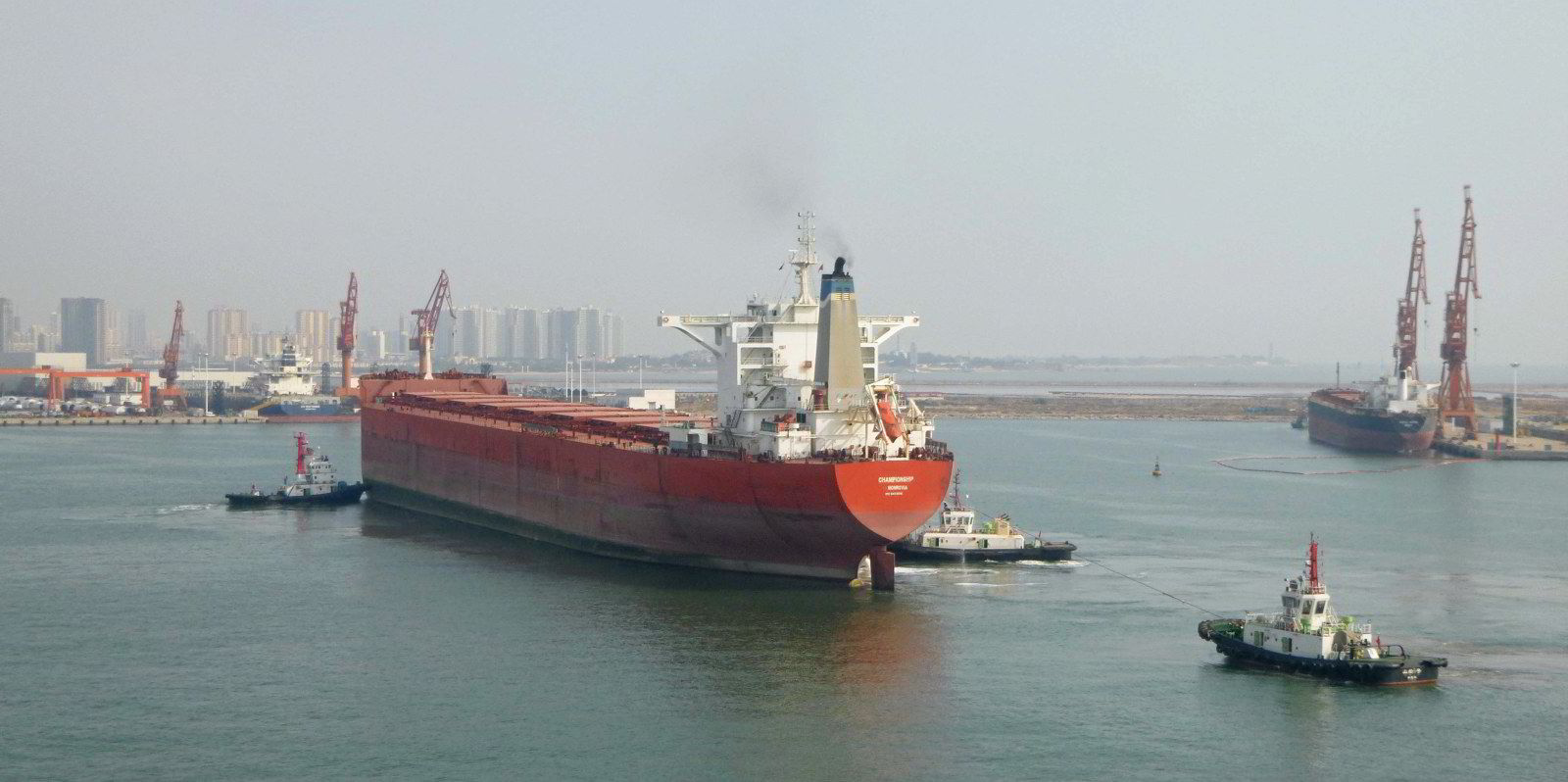John Fredriksen’s private Seatankers Management is reportedly shipping out three 10-year-old bulkers following an order for new ships in China.
European brokers said the 81,000-dwt Sea Proteus, Sea Venus and Sea Pluto (all built 2013) have gone for a firm $70.5m en bloc.
The Chinese-built kamsarmaxes all have special surveys due.
VesselsValue assesses the trio as worth $69.5m, down from $74m a year ago.
They have been owned by Seatankers since delivery.
The Sea Proteus was picked up as a resale at Wuhu Xinlian Shipbuilding in 2013, while the Sea Pluto and Sea Venus were resales at New Century Shipbuilding in the same year.
The price Seatankers has reportedly banked for the trio is only about $3m less than it paid 10 years ago.
The sales were first reported in the middle of May, also at $70.5m, but they have now reappeared on broker lists.
The buyer is not known at this stage.
Seatankers has been contacted for comment.
Last month, TradeWinds reported that the company ordered up to eight kamsarmax bulkers at China’s Qingdao Yangfan Shipbuilding, also known as Qingdao Shipyard.
Shipbuilding sources said the Norwegian shipowner contracted four firm ships plus four options.
Seatankers is paying around $33m apiece for the 82,000-dwt newbuildings, and is scheduled to take delivery between 2025 and 2026.
Tanker order did not materialise
In April, Seatankers was reported to have ordered two scrubber-fitted, 150,000-dwt suezmax tankers at Shanghai Waigaoqiao Shipbuilding for delivery in 2025.
But TradeWinds learned that the contract did not take effect. The reason for the collapse was not disclosed.
Two months before that, the company disposed of its last crude tankers, the 2009-built, 108,600-dwt aframaxes Sea Bay and Sea Hope (renamed Bay Trezor), to unnamed Turkish interests.
The Chinese-built, scrubber-fitted ships went for $35m each.
Both were commercially managed by Fredriksen’s Oslo-listed tanker company Frontline.
The bulker disposals would leave nine active ships in the fleet: six other bulkers and three large platform supply ships.
Nine firm vessels are on order, including four aframaxes and an accommodation ship.





